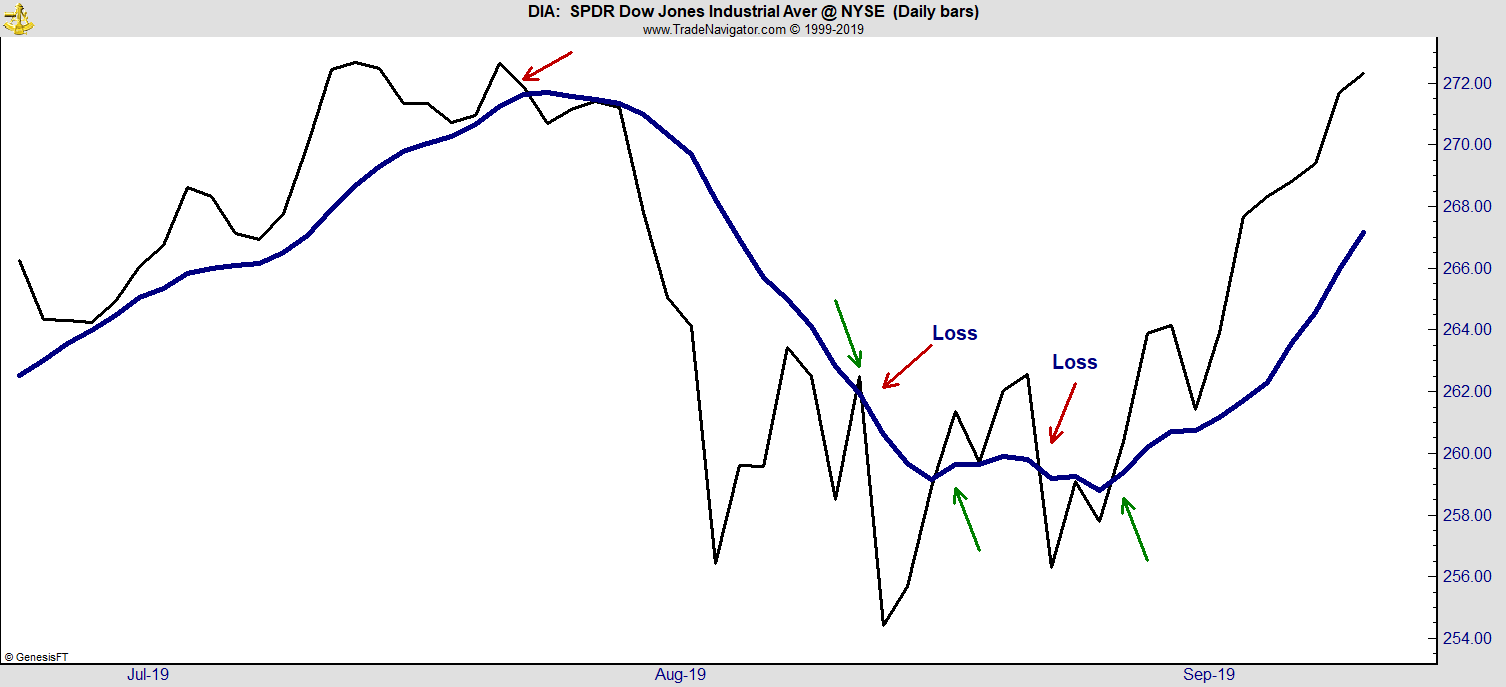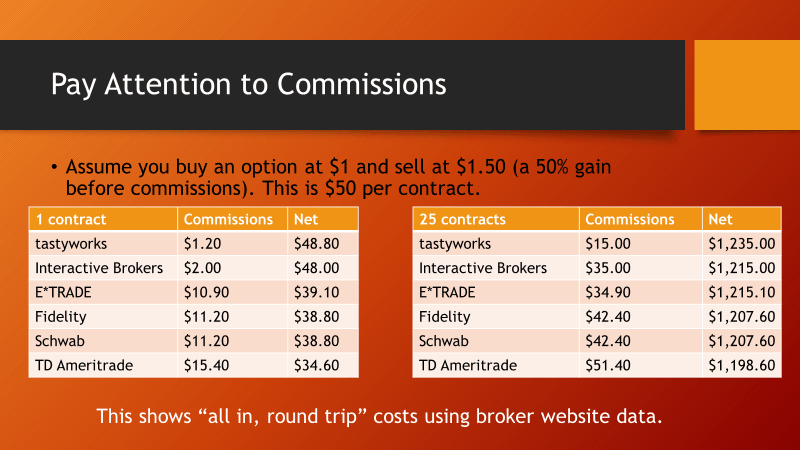Article Highlights:
- Good trading systems often have low win rates.
- One profitable strategy in particular only wins about a third of the time.
- Many traders give up after a few losses, so they don’t make money.
Ted Williams had a .406 batting average in 1941.
That was 78 years ago. Since then, no major league baseball player has achieved an average above .400.
A .400 average means the batter hits 4 out of every 10 pitches.
For a hitter, that’s as good as it gets. No one has managed to achieve that level of success in almost 80 years.
On the flip side, a .400 average means the hitter fails 6 out of 10 times.
Successful hitters think differently than many of us. We often try to succeed 10 out of 10 times.
A baseball player knows it’s impossible to be perfect. Do you?
Great Stock Traders Think Like .400 Hitters
Years ago, I learned great traders often target a .400 average.
A friend of mine used to be a floor trader. He told me he would be nervous if he was right as much as 40% of the time.
Before computers, floor traders were market makers. This means they sold when you bought and bought when you sold.
So, as stocks plunged in October 1987, floor traders were buying. They bought all the way down and sold all the way up.
My friend said he was often scared — but he knew in the long run, he’d make a lot of money.
That old trader told me he made the most money when he was right about 38% of the time.
If he was right more than 40% of the time, he wasn’t taking enough risk. A win rate below 35% meant he took too much risk.
In other words, every day he took the subway to the New York Stock Exchange, hoping to be wrong over 60% of the time.
Remember the Goal Is to Make Money
Good trading systems often have low win rates.
The chart below shows three trades in a simple moving average system. Two were losers.
Simple Trading Strategy — July 2019 to September 2019

Sell signals are marked in red. Green arrows show buys.
This strategy avoided the big drop in August. Two small losses followed. The latest buy signal shows a big gain.
For many traders, it’s tough to see two losses in a row. But that’s typical. This strategy only wins about a third of the time.
It’s profitable in the long run because a few trades show big gains.
But many traders give up after a few losses. They would rather be right than make money.
That’s the first key to successful trading: Decide whether it’s more important to be right or to make money.
You should focus on the total gains in your portfolio rather than on any individual trade.
Control Costs
Another key to success, in any business, is to control costs.
For stock traders, costs include commissions.
The chart below shows that commissions are taking a bite out of your profits. That bite might be bigger than you think.

Now, of course, costs aren’t the only factor to consider when selecting a broker. But low-cost brokers let you keep more of your gains.
If you’re looking for a broker, the list above provides details on different options-trading firms to look into. From Interactive Brokers to Fidelity and more, feel free to use any broker that you like.
Or if you’re a visual trader, check out the tastyworks platform.
We have a paid marketing relationship with them, but we have heard great feedback.
Some brokers are better at certain things than others. And keep in mind, it’s not uncommon for people to use more than one to suit their needs. Always remember to do your due diligence.
These are just two of the keys to success, but they could be the most important.
First, focus on making money instead of being right. Second, remember costs are important.
Regards,

Michael Carr, CMT, CFTe
Editor, Peak Velocity Trader
tastyworks, Inc. (“tastyworks”) has entered into a Market Agreement with Banyan Hill Publishing (“Marketing Agent”) whereby tastyworks pays compensation to Marketing Agent to recommend tastyworks’ brokerage services. The existence of this Marketing Agreement should not be deemed as an endorsement or recommendation of Marketing Agent by tastyworks and/or any of its affiliated companies. Neither tastyworks nor any of its affiliated companies is responsible for the privacy practices of Marketing Agent, its website or this email. tastyworks does not warrant the accuracy or content of the products or services offered by Marketing Agent, its website, or this email.










